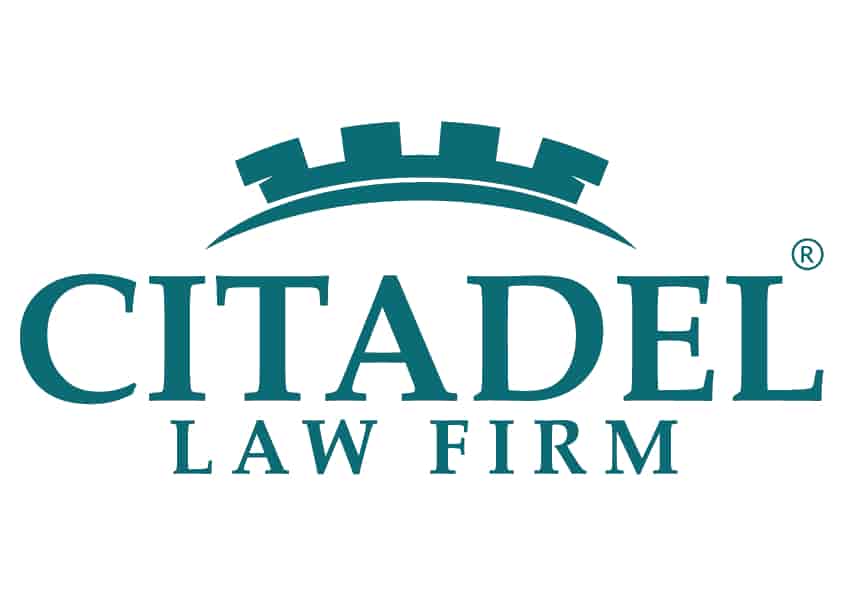How to Protect Your Vacation Home in Your Estate Plan
The best thing about vacation homes are the memories made, summer barbecue, sunset views, birthday celebrations and the sound of laughter.
But there’s a thin line between all of these and chaotic family drama and stress when you’re gone, if your vacation home is not part of your estate plan.
Your vacation home could be a beach cottage, mountain cabin, or countryside villa. You should also plan for your vacation home as much as you plan for your other assets.
In this article, we’ll explain how you can protect your vacation home, work with an estate planning lawyer and make sure it doesn’t become a burden to your loved ones. Read on.
Why Vacation Homes Need Special Attention
Your vacation home is different from your main residence which means you need to plan specifically for it and here’s why:
- Different family members may feel entitled to the property, or worse, they may not want it at all.
- Arguments could erupt among heirs
- Vacation homes can be expensive to maintain, especiallu when they’re left unused for most of the year
- Your loved ones could face estate taxes, legal battles or be forced to sell the property if they don’t handle it correctly.
Without a clear plan, your vacation home that used to be a happy place for your family will become a ground for legal battles and that is very bad.
Step One: Decide What You Want to Happen
Before you begin any legal process, start with answering this simple question: what do you actually want to happen to the vacation home?
- Do you want to keep it in the family?
- Should it be sold and the proceeds split?
- Who should be responsible for its care, taxes, and maintenance?
- Can multiple heirs share ownership without issues?
It’s easy to assume you can just leave it to your kids and they’ll sort it out, but that can cause tension later. Be specific. Be clear. This will save your family from unnecessary drama.
Legal Tools to Protect the Property
Once you know your goals, it’s time to get your estate planning tools in place. Here are some of the best options:
This is one of the most popular tools for passing on real estate. With a living trust:
- You avoid probate (which can be long, expensive, and public).
- You stay in control of the property while you’re alive.
- You can name who inherits the home and under what terms.
If your goal is to keep things simple and private, a revocable trust is a great way to go.
-
Qualified Personal Residence Trust (QPRT)
A QPRR can help reduce estate taxes especially if your vacation home is valuable. It works by transferring the home into a trust but still allowing you to use it for a set number of years. After that, ownership is passed to your beneficiaries, often with big tax savings.
-
Limited Liability Company (LLC)
Putting your vacation home in an LLC is a smart plan if you want multiple heirs to share ownership. An LLC allows you to:
- Divide ownership into shares.
- Set rules in an operating agreement (e.g., who pays for maintenance, how usage is scheduled, what happens if someone wants to sell).
- Protect family members from personal liability.
Plus, it makes it easy for your heirs or future generations to own or exit the arrangement.
-
Transfer-on-Death Deed
In some states, you can file a TOD deed that automatically passes the vacation home to a named beneficiary when you die; no probate required. It’s simple and affordable, but doesn’t offer as much flexibility as a trust or LLC.
Handling Shared Ownership and Family Use
Even the closest families can clash when it comes to sharing a house.
If you’re leaving your vacation home to multiple heirs, plan for uncertainties:
- Who gets to use it during holidays?
- What if someone wants to rent it out and someone else hates that idea?
- Who handles repairs, taxes, or unexpected costs?
- What happens if one person wants to sell their share?
All of this can (and should) be handled in a co-ownership agreement, trust, or LLC operating agreement. The clearer you are now, the fewer conflicts your family will face later.
Tax Implications to Consider
Depending on where your vacation home is located and how much it’s worth, your heirs can end up paying a lot in taxes. Here’s what to consider:
- Estate taxes: If your total estate (including the vacation home) is above federal or state exemption limits, taxes may apply.
- Gift taxes: If you gift the home or shares in an LLC during your lifetime, you might trigger gift tax rules.
- Property taxes: Some states reassess property value and taxes when ownership changes.
A good estate planning attorney can help you avoid unnecessary surprises.
Conclusion
Your vacation home holds a lot of memories. And with the right estate planning, you can make sure it remains a source of joy, not stress for your loved ones.
Now is the time to get your plan in place (whether you plan to sell it, pass it down or turn it into a family legacy). Talk to an estate planning lawyer who understands real estate, family dynamics and the tax implications and turn your vacation home into the best retreat location for your family.
FAQ’s
-
Can I just leave the vacation home to my kids in my will?
Technically yes, but it’ll go through probate which can be a slow and complicated process. Plus, a will doesn’t solve disputes about shared ownership or usage. A trust or LLC is often a better option.
-
What if one of my kids wants to sell the home and the others don’t?
That’s a common issue. If you set up an LLC or ownership agreement, you can provide some solutions to avoid family drama.
-
Will my heirs have to pay taxes on the vacation home?
Maybe, but depending on its value and where it’s located. Proper planning can help reduce or eliminate taxes through tools like trusts .
-
Can I still use my vacation home if it’s in a trust or LLC?
Yes! If it’s a revocable trust, you retain control and access. With an LLC, you’re still a member (owner) and can use it just like before.


